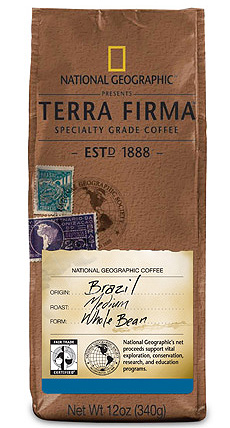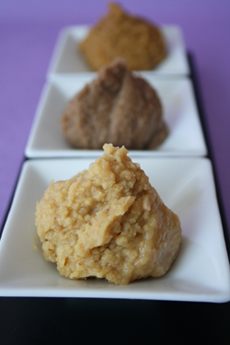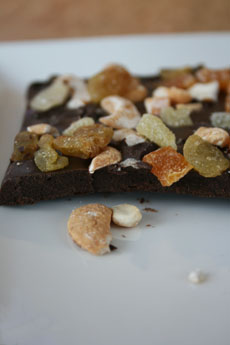| In honor of National Fair Trade Month, this week’s Gourmet Giveaway prize is not only socially conscious, but also smooth and satisfying.
Six winners will enjoy Brazilian coffees from National Geographic’s Terra Firma coffee brand. All Terra Firma coffees are Fair Trade Certified™, which guarantees fair prices to farm families, environmental stewardship and investment in farming communities.
We know many people will love Terra Firma coffee (it was on our Father’s Day gift list in June). The single-origin, specialty-grade coffee is sourced from six of the world’s finest growing regions: Brazil, Ethiopia, Costa Rica, Colombia, Sumatra and Kenya. If you don’t win, you can purchase it on Amazon.com in light, medium and dark roast, ground or whole bean. The handsome bag makes it a nice gift, too.
- To enter this Gourmet Giveaway, see THE NIBBLE’s Gourmet Coffee Section and click on the link at the bottom of the page. Enter your email address for the Gourmet Giveaway prize drawing by noon on Monday, November 2. Good luck!
- Learn more about Fair Trade coffee.
|
|

It’s effortless to make the world a better place, simply by buying Fair Trade coffee. |




